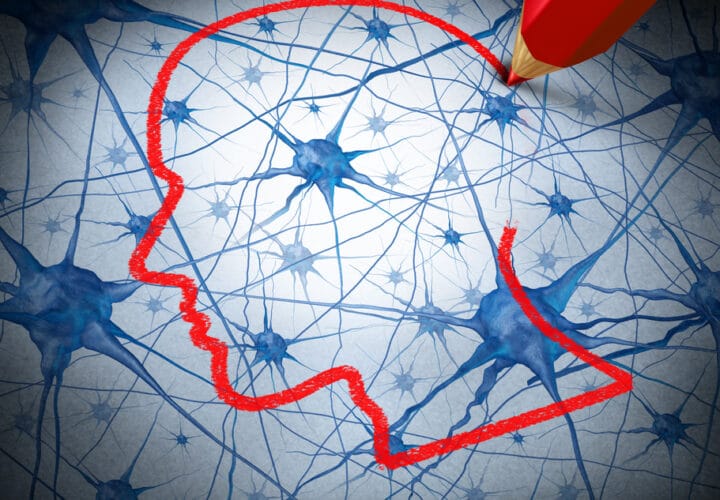“Can I look into your future and can I accurately estimate how much beta-amyloid you’re going to accumulate over the next two years, the next four years, the next six years, simply on the basis of your sleep tonight?” – Dementia researcher Matthew Walker, U.C. Berkley
Professor of neuroscience and psychology Matthew Walker knew there was a link between sleep and Alzheimer’s. That link is so strong, some experimental dementia diagnostics are working to predict Alzheimer’s just by monitoring sleep. What Walker didn’t know was how much that relationship could teach us. So he and a team of researchers at University of California Berkeley set out to answer a question of particular interest to those in the Alzheimer’s field or those with Alzheimer’s genetic biomarkers:
“Can I look into your future and can I accurately estimate how much beta-amyloid you’re going to accumulate over the next two years, the next four years, the next six years, simply on the basis of your sleep tonight?”
Walker and colleagues’ recent study, published in Current Biology, follows a number of recent studies that have indicated a relationship between heathy sleep and reduced levels of Alzheimer’s biomarkers beta-amyloid and tau. And before that came decades of research on the association between poor sleep and signs of cognitive decline, like forgetfulness.
“We are now learning that there is a significant relationship between sleep and dementia, particularly Alzheimer’s disease.” Walker told NPR. “There is something about this deep sleep that is helping protect you.”
This is especially true during deep sleep, when body temperature drops, dreams fade, and brain activity levels out into slow, rhythmic electrical waves, studies show, that the brain seems to wash away toxins that increase dementia risk.
NPR discussed a past study, in 2013, that helped lay the foundation for what we know about why deep sleep seems to reduce beta-amyloid and tau:
“Things like amyloid beta, which are implicated in Alzheimer’s disease, seem to actually be removed more rapidly from the brain when an animal is asleep versus when they’re awake,” says Laura Lewis, an assistant professor of biomedical research at Boston University.
In 2019, Lewis led a team that showed how this dishwasher works in people: “We realized that there’s these waves of fluid flowing into the brain during sleep,” she says. “And it was happening at a much larger and slower scale than anything we’d seen during wakefulness.”
What’s more, each wave of fluid was preceded by a large, slow electrical wave. So now scientists are looking for ways to induce the slow waves that signal deep sleep. Lewis says it’s easy — in rodents. “There’s a specific deep brain structure that if you stimulate it, you can cause these sleep-like slow waves in the brain,” she says.
Walker’s recent study included 32 cognitively healthy people in their 70s. Researchers used brain imaging to scan for the presence of beta-amyloid in each participant over a six-year period. What they found was that people who got less deep had a greater quantity of beta-amyloid aggregating in their brains — the clumping of which is concurrent with the onset of Alzheimer’s.
“We have a specific sleep signature right now that seems to help us better understand where you may sit on the Alzheimer’s risk trajectory in the future,” Walker said.




